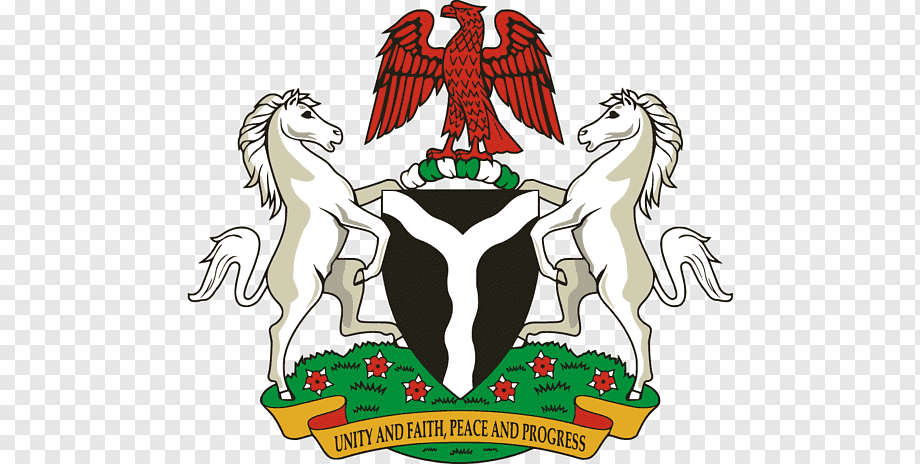News
Minister of State for Industry Pledges Support for Industries to Drive Productivity, Economic Growth

The Honourable Minister of State for Industry, Federal Ministry of Industry, Trade and Investment, Senator John Owan Enoh, has pledged that President Bola Ahmed Tinubu’s administration will provide the necessary support and incentives to address the numerous challenges facing key industries in Nigeria inorder to unleash the industrial revolution drive of the Tinubu administration.
Senator John Owan Enoh gave this assurance at the commencement of the South West leg of the nationwide Industrial Tour during which he visited select industries in Lagos and Ogun States. During the 3-day tour, the minister and his delegation composed of technocrats and policy planners from the Ministry visited leading industrial giants such as Sunflag Nigeria Limited, GB Foods, Berger Paints, Friesland Campina WAMCO Plc and Mojec Group in Lagos State and TGI, Veenocks Nigeria Limited, Coleman Cables and Wires, Equipment and Protective Applications International Limited (EPAIL) and Mikano Industries in Ogun State.
Speaking to the media during the tour of Sunflag Nigeria Limited in Lagos, the Minister acknowledged that the decline in the textile industry was real and negatively impacted productivity and employment in this critical sector of the economy. He assured the company represented by the Management Director and its top executives that under his leadership, the Ministry is determined to provide the support needed for local manufacturers to thrive. He announced that the Ministry will soon convene a session for Cotton Textile Garments stakeholders to address the challenges that has affected growth within the industry.
The Minister further stated that the Bola Ahmed Tinubu administration, in line with its renewed hope agenda, is unwavering in its commitment to revive all ailing industries to promote made-in-Nigeria goods and services in order to grow the economy and create massive job opportunities for Nigerians.
“I have the immediate mandate to promote Made-in-Nigeria goods and services. My visit here is to assure you that if there is a government that is committed to doing that, it is the government of President Bola Ahmed Tinubu. You can see that this government has continued to show a lot of courage and energy. And that’s what this country requires now,’ he said.
He revealed that the government has put in place various incentives to lessen the challenges affecting the ease of doing business and will continue to encourage those still in operation to drive their growth and expansion.
Enoh praised the companies’ resilience in the face of the country’s daunting economic challenges. He said, “We commend the resilience of these companies for believing in the country despite the challenges; we want to assure them that the goal of the government is to lessen challenges that continue to impact the ease of doing business in Nigeria.”
The honourable Minister announced the upcoming inauguration of the Industrial Revolution Work Group, comprising representatives of different sectors, including the Manufacturers Association of Nigeria (MAN). The group will serve as a think tank and a bridge between the industries and the government to understand key issues and collaboratively propose and implement solutions.
He noted that the Industrial Revolution Work Group (IRWG) is part of his six key priorities, which also include the Nigeria Automotive Industry Development Plan (NAIDP), Special Agro-Processing Zones (SAPZ), Cotton, Textiles and Garments (CTG) Industry, Petrochemical, Chemical & Pharmaceutical Manufacturing and MSME Census.
Some of the CEOs of the industries visited commended the minister on his hands on approach to leadership and the government’s commitment to foster collaboration with industry stakeholders in advancing Nigeria’s manufacturing sector.

